Communities Uniting for Common Good
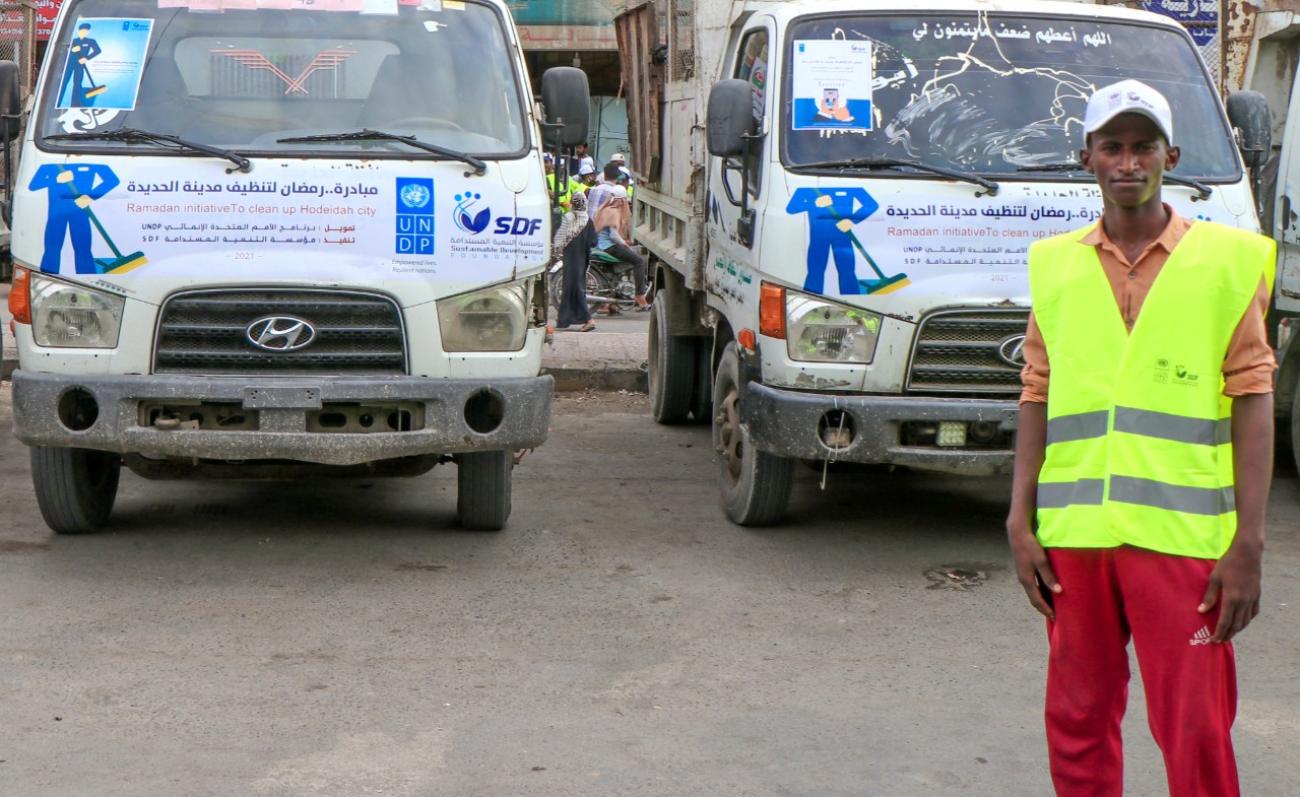
Second Annual Hodeidah Ramadan Clean-Up Initiative
The city of Hodeidah, on Yemen’s west coast, is a resilient coastal community. But today, because of the protracted conflict, there are limited jobs available which has resulted in rising poverty rates, and deteriorating hygiene and safety conditions.
Without adequate funding to manage waste collection and sanitation systems, solid and liquid waste is piling up on city streets. Residents are forced to navigate obstacles and risk disease and infection on daily journey’s to school, work, or the market.
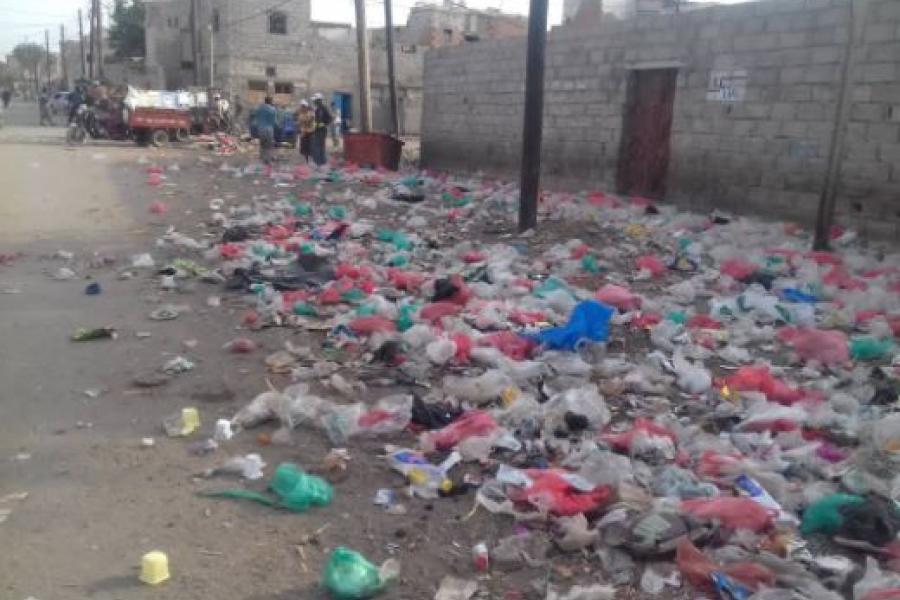
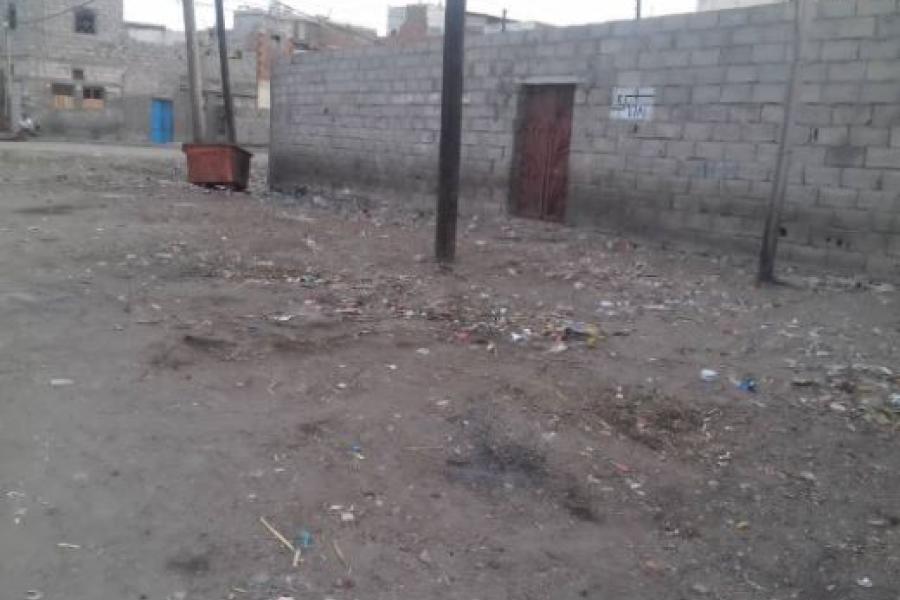
In 2019, UNDP joined forces with the Sustainable Development Foundation (SDF) and the District Cleaning Fund (DCF) to help Yemenis restore cleanliness to the streets of Hodeidah, while providing critical short-term income that helps residents afford household essentials.
The Ramadan Clean-Up, now in the second year, exemplifies the giving nature of Yemeni communities. "It is our duty to our country to participate in this clean-up, especially during this holy month of Ramadan,” says 28-year-old Shawki Rizk. Internally displaced due to the conflict, he goes on to say “It makes me feel happy and has changed my life for the better."
"I support four family members and working as a cleaner, sometimes I make money and sometimes I don't. I hope to find regular work cleaning and that the country will be renewed," Shawki continues.
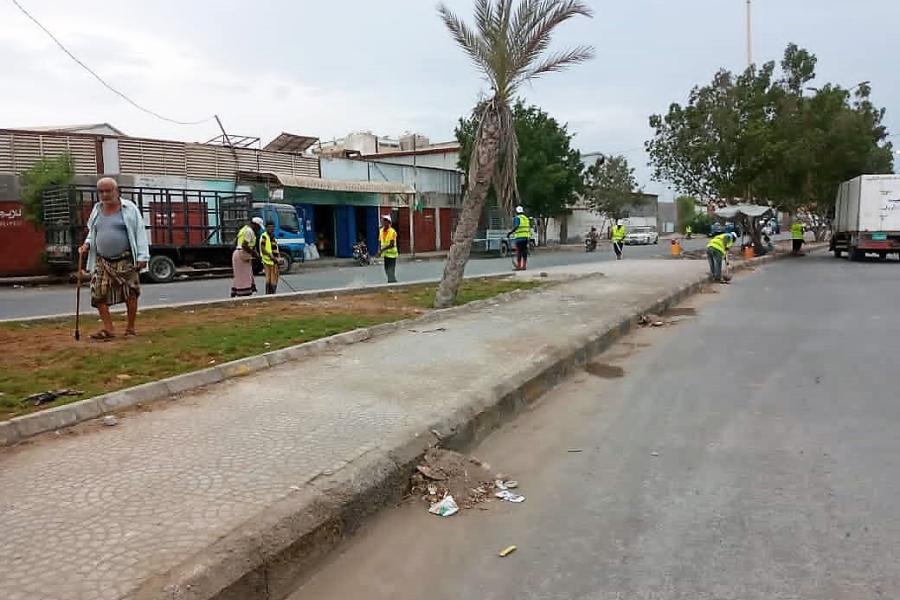
About 680 DCF staff who have lost their livelihood because of the conflict were temporarily re-employed to clean up Hodeidah’s streets and educated the community about safe waste disposal as a means to prevent the spread of disease. Now more than 175,000 local residents will enjoy cleaner streets and improved knowledge of public hygiene across the Al-Hali, Al-Hawak, and Al Mina districts.
For many of the cash-for-work participants, this renewed sense of responsibility is a motivating force. “I participated in previous Clean-Up Campaign and being a source of awareness for others, and having an important role in society, gives me a wonderful feeling.
The money I earn helps me and my family during Ramadan. I hope to continue to do such campaigns in the future," says Najat, 31, a cash-for-work employee selected to support local awareness campaigns.
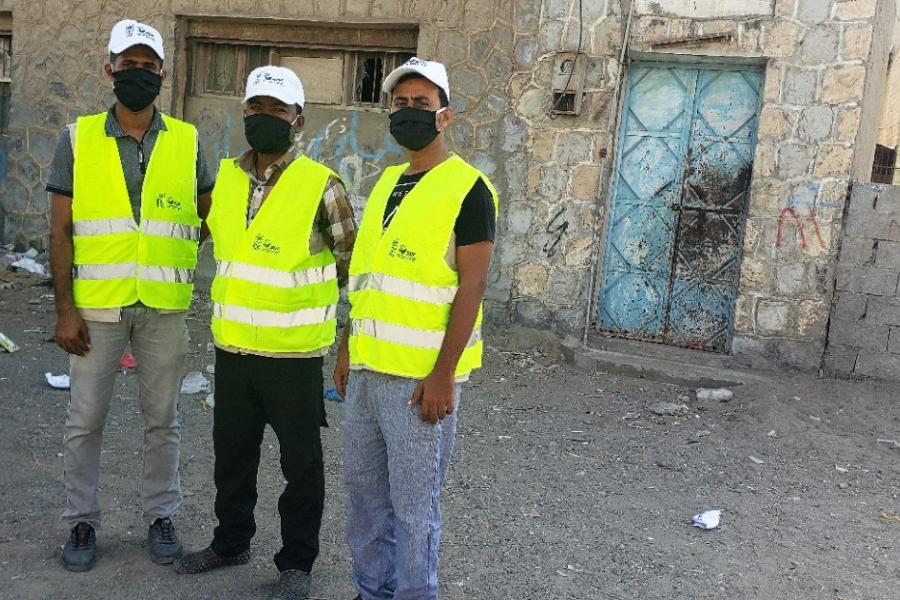
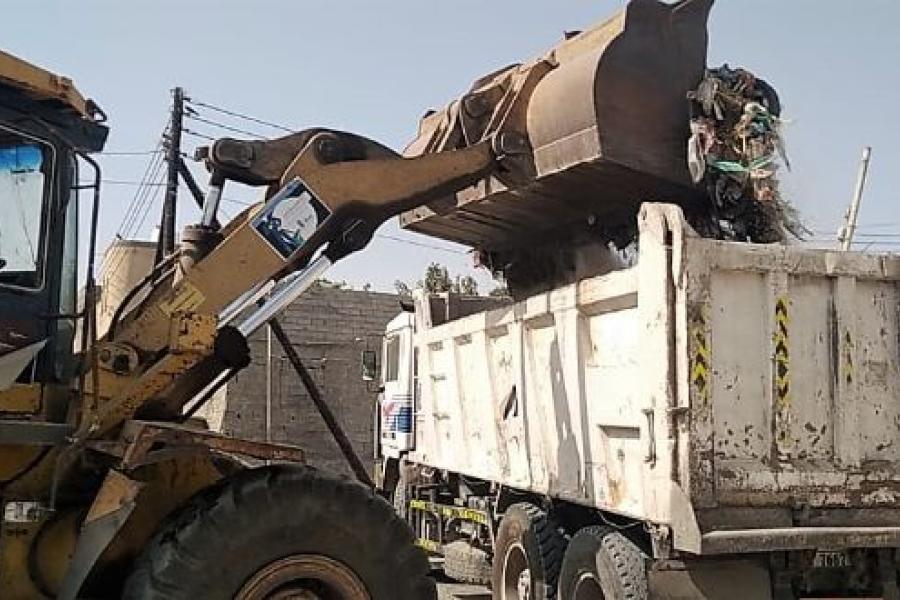
Many of the cleaners participating in the Ramadan Clean-Up Campaign dream of finding a sustainable job that will enable them to live with greater stability. They remain employees of the DCF, but due to a lack of financial resources, wages cannot always be paid.
"What led me to go out into the community is to make people aware of the importance of hygiene. I want to change the impressions people have of cleaners who are responsible for protecting the community from dirt and disease. Cleaners must be helped and supported," indicates Ali Fotaini, 38, a DCF manager responsible for coordinating the awareness campaigns.
The Clean-Up Campaign focuses on practical, but highly impactful, interventions where participants can contribute to local safety and hygiene. The project helps facilitate community ownership and pride and creates a foundation for peacebuilding, reconciliation, and recovery in conflict affected Hodeidah.
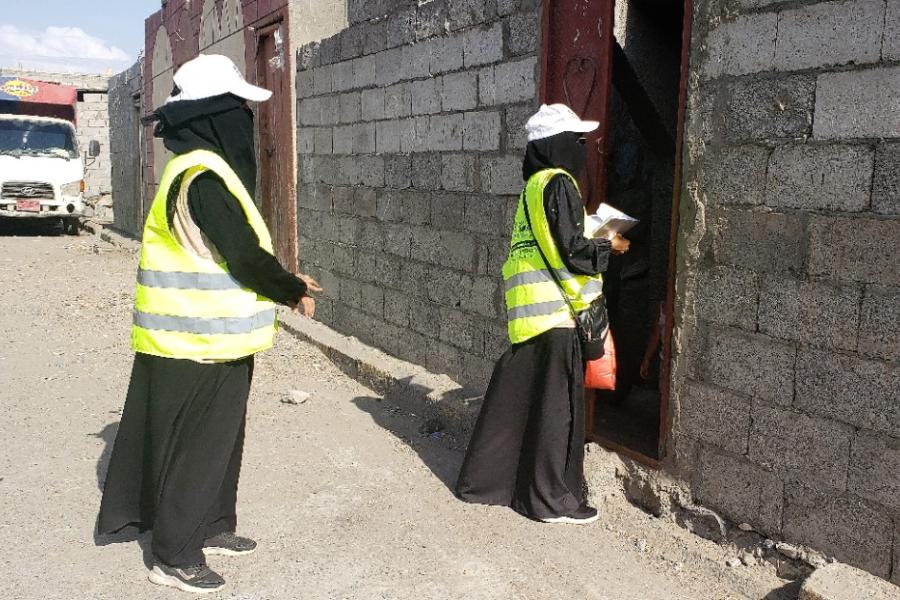
These activities were made possible through the second Ramadan Clean-Up Initiative that has been jointly supported by the United Nations Development Programme in Yemen and local partner, the Sustainable Development Foundation. The project provides critical temporary employment opportunities to the District Cleaning Fund (DCF) staff, improves local knowledge and practice of responsible waste management, and clears the Hodeidah streets of harmful waste build-up.




